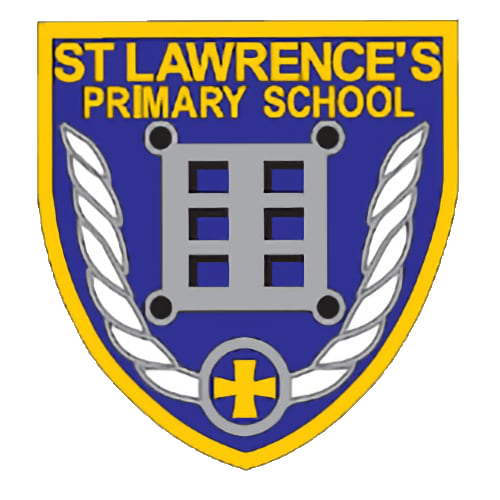
MODERN FOREIGN LANGUAGES
MODERN FOREIGN LANGUAGES
INTENT:
French is a much-loved subject at St. Lawrence’s and is greeted with enthusiasm and energy both by staff and learners. Confidence and enjoyment are the two words that underpin every decision we make with regards to this subject. For this reason, lessons are highly interactive. They draw on a wide range of resources such as music, film and interactive websites to capture pupils’ interest as well as give them access to hearing French spoken by native speakers.
We understand that in future, our children may need to learn another language, or indeed other languages, and so we are endeavouring to create language learners as opposed to just French learners. We focus on skills as well as vocabulary.
French is, however, a young subject at St. Lawrence’s and is currently in its second year. As such, we have plans to see the subject grow. Over the next academic year we hope to see the introduction of an annual ‘Languages Day’, a language library and to create links with our partner secondary schools.
We intend that pupils at St. Lawrence’s will grow to love learning a language and will be very confident in their ability. The teaching of French is underpinned by positivity and praise, completely focusing on what the pupil can do and how far they have come. They will practise all four skills, speaking, listening, reading and writing on a regular basis, and as they progress through the year groups they will move on from recognising individual words to speaking in full sentences.
IMPLEMENTATION:
French is taught in Key Stage 2. We have French Fridays, a part of the timetable pupils greatly look forward to, which takes place first thing in the morning. Pupils build on their prior knowledge each year, revising previous topics, and adding new, more complex vocabulary and grammar.
IMPACT:
Pupils really enjoy their language lessons, which are often started with a chorus of “YES! It’s time for French”. By the time pupils leave St. Lawrence’s they will have acquired a solid range of vocabulary in the French language as well as an understanding of basic grammar. They can carry out a conversation in French where they both ask and answer a series of questions. They have a number of strategies for learning new vocabulary, understanding structure and working out meaning that can be applied to most of the languages they may choose to learn in their secondary education and future careers.


